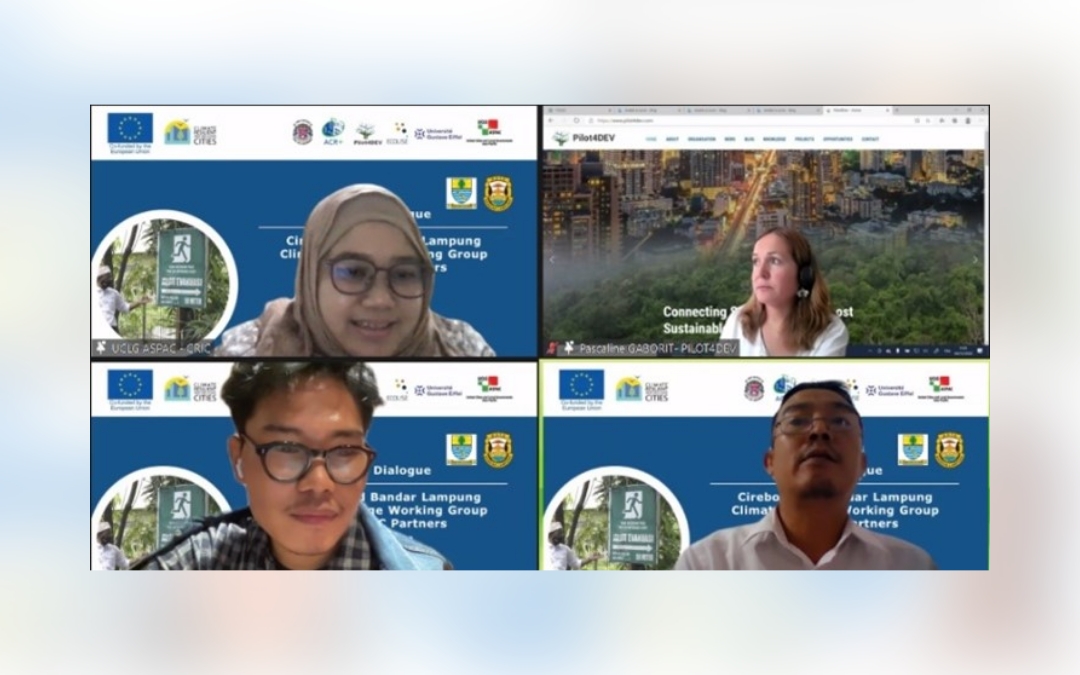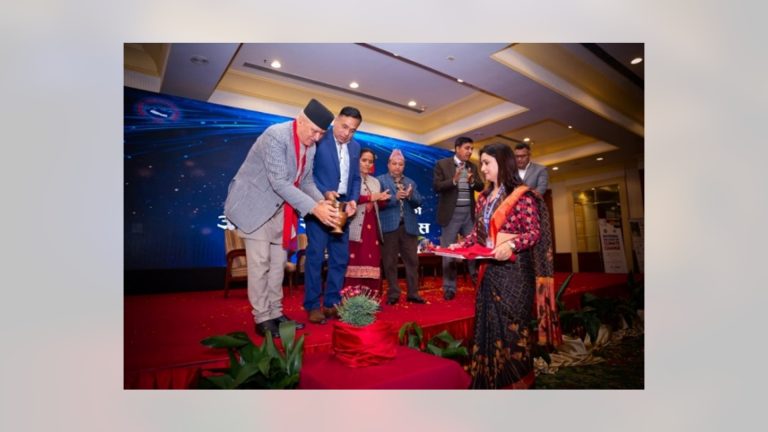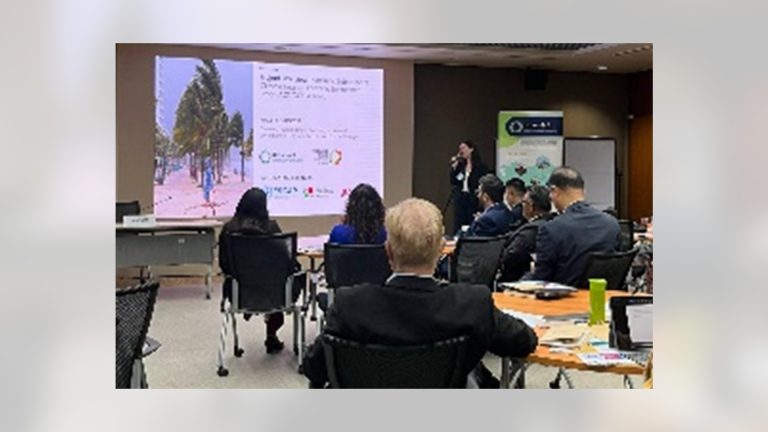JULY 2022 | UCLG ASPAC, under the framework of the Climate Resilient and Inclusive Cities (CRIC) programme funded by the European Union (EU), initiated a two-way (virtual) dialogue between CRIC pilot cities and the project’s global partners. The dialogue was conducted to provide updates on cities’ efforts in tackling climate challenges as well as to respond to the recommendations provided. For pilot cities, the dialogue provided the opportunity to share their updates and give feedback on the given solution. As for partners, it also provided valuable inputs on implementation at the city level. Further, this opportunity served as preliminary coordination between pilot cities and CRIC partners towards the 1st CRIC Panel of Experts in Surabaya, 24-27 October 2022.
The Two-Way Dialogue: Updating Cities’ Efforts and Valuable Inputs for Lessons Learned
The two-way dialogue involved city of Pangkalpinang, Gorontalo, Kupang, Pekanbaru, Cirebon, Bandar Lampung, Samarinda, Banjarmasin, Ternate, and Mataram updating their efforts in making the city more climate-resilient and inclusive.
The City of Pangkalpinang shared that the city is working with communities in the coastal area to reduce coastal abrasion, expand green urban spaces and perform rehabilitation of illegal tin mines to increase water retention and absorption in the area. In the dialogue, the City of Gorontalo shared the condition of the city’s extreme weather that its average daily temperature could reach 35.6 degrees Celsius.
The City of Pekanbaru mentioned that the city has discussed the possibility to build a waste-to-energy infrastructure and needs support in terms of new technology besides the city is expanding green open spaces, finishing a water treatment facility, and building an early warning system based on city’s climate vulnerability profiles. As for Kupang, the city is trying to improve its waste management system by providing more temporary waste collection facilities, developing waste banks, and promoting 3Rs. The city has also provided the budget for a blue-sky programme where it tests vehicle emissions twice a year and encourages communities to use the public transportation system.
For the city of Bandar Lampung, it was mentioned that the city has developed an early warning system that spreads weather information daily and provides flooding risk information every 10 days using WhatsApp group as the main tool of communication. The City of Cirebon has started implementing the Lahan Sawah Dilindungi (LSD/Protected Paddy Field) programme to prevent agricultural land conversion into residential areas caused by rapid urbanisation.
As for Samarinda, the city has encouraged members of communities to perform family/home farming where communities plant fruits, vegetables, or other plants to intensify their front yards or backyards as sources of food and income. The city has also encouraged farmers and communities to use organic fertilisers to reduce dependency on chemical fertilisers. From Banjarmasin, the city’s climate actions include increasing waste management and sanitation, river normalisation and environment restoration. The city has also initiated river cleaning competitions in 75 rivers since 2017 and is involved in climate village programmes in coordination with the national government.
For Ternate, the city has built sea walls, especially in its northern part, to protect community housing in coastal areas from coastal abrasion and will also build an early warning system using local wisdom and equipment (speakers from mosques) to warn communities whenever possible. As for the city of Mataram, the city is trying to integrate biodigester and maggot to solve waste problems and is working on community-based waste management.
CRIC Partners showed a positive response to the feedback, inputs, and sharing from the pilot cities, including the challenges faced. They showed a willingness to discuss all those problems above directly with CRIC pilot cities and to provide lessons learned and solutions to those climate and environmental challenges. As mentioned by CRIC Global Partner Sara Silva, Project Coordinator at Ecolise during an online dialogue, “I hope that CRIC Pilot Cities do not repeat the same mistakes European cities had done in the last century.”
UCLG ASPAC CRIC Team and partners are now preparing for the conduct of the 1st CRIC Panel of Experts and are looking forward to attending the exchange of knowledge and experience facilitated panel of experts for different cities in October.












